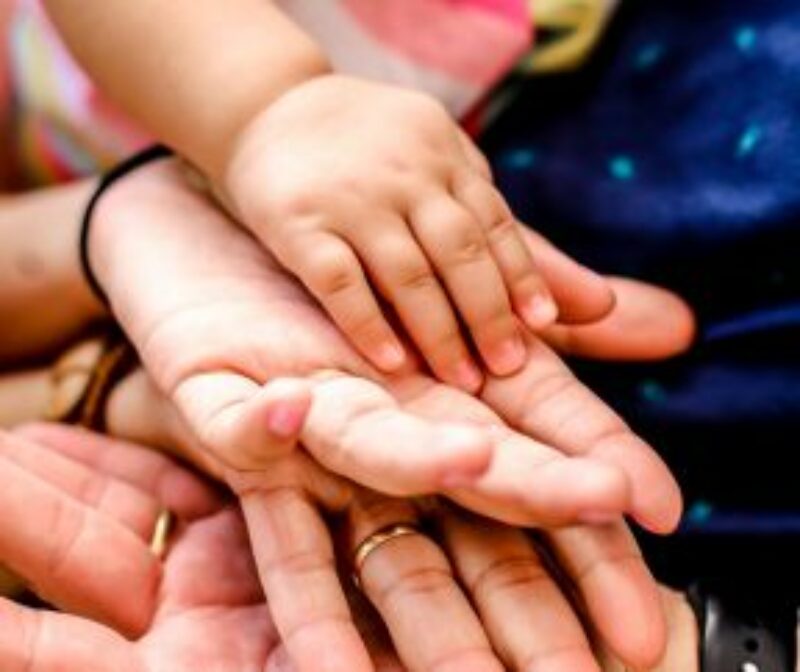In an era where life is on demand, and often in our command, patience has become an under-developed character strength that is often neglected. Patience is an open-hearted acceptance of difficult, delayed and frustrating situations.
Difficult situations require patience to navigate well—especially for teenagers. Having patience is critical during for so many reasons. Generally, teenagers struggle with practicing patience, because of the state of their developing brains—which naturally leads to their challenges with impulse control and emotion regulation.
Take heart! Despite being a challenge, research shows that patience can be improved and strengthened with practice and effort! Thus, teens (and their parents) can learn how to practice the virtue of patience in order to thrive during stressful times. These exercises—developed using research on patience conducted by psychologists, Sarah Schnitker and Benjamin Houltberg—will help parents and teens to understand the importance of practicing patience, and learn ways to manage and cope with their emotions during this difficult time.
Why Patience?
It’s hard to develop a new skill or habit, especially if you do not have a strong reason to put in the effort. So, let’s start by taking the time to reflect on why patience is important. This will help us to appreciate it more, and have a stronger willingness to apply it to our daily lives. In order to effectively practice patience, we need to continuously remind ourselves, and our teens, why we need to be patient.
Ask yourself and your teen:
- Why should we be patient? To achieve anything of value requires patience, including good relationships.
- How will being patient benefit me and those around me? It helps me get closer to my loved ones and achieve my goals.
Practicing Patience
Being aware of your feelings is critical for practicing patience. When we are aware of how we are feeling, we can identify the times when we are being patient or impatient. Start by being attentive to your feelings.
Ask yourself:
- What feelings occur when I cannot do the things that I want to do? I feel disappointed and frustrated.
- How do these feelings affect me? It’s hard for me to find anything positive from this experience.
Coping Towards Patience
Once we are aware of our feelings, the next step is to learn how to regulate our emotions to help us to better practice patience.
Our rapidly changing world requires us to adapt and be flexible with our emotion regulation and coping strategies. Reflect on your experience and emotions during this time, and keep an open mind as you identify ways to manage your emotions and responses.
Think about some of the ways you coped with your emotions in the past (e.g. playing basketball, grabbing coffee with friends), and think of new ways to cope that can be adapted to current situations you face.
Ask yourself:
- What are some things that I did to cope with my feelings in the past? Grabbing coffee with friends.
- How can I use those strategies and adapt them to my current situation? Spending time with friends and asking for the support you need.
Connecting Patience to Your Purpose
Lastly, our research here at Thrive Center shows that connecting our experience to a greater purpose is fundamental to practicing patience. By connecting our experience to a greater purpose, it helps to remind us that we are not alone in our experiences Being in touch with our purpose helps us to elevate our emotions, see beyond any immediate challenges, and persevere.
Reflect on these questions:
- What is my purpose?
- How does connecting to this purpose now impact the way I view my current situation?
- After applying this last step, how will it help me develop patience moving forward?
Free Download!
To help you get started, we offer this 4-step model as a free downloadable guide. Learn more about patience through our website.
Continue Exploring

Blog
Helping Kids Develop Coping-Resiliency Strategies During Life Challenges
Thrive Fellow, Esther Tan shares a research-based model to understand how we can support kids in times of uncertainty.

Joy
Joy Competencies (Part 1): How to Make Joy Our Lifeline During Hard Times
Want more joy even during the tough times?

Youth
Kids and Community (Part 1): How to Find the Right One for Your Kids to Thrive
How do you find a community to support your family? What kinds of support help families grow spiritually healthy and thrive.

